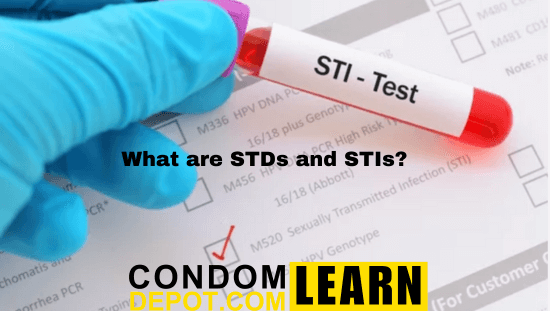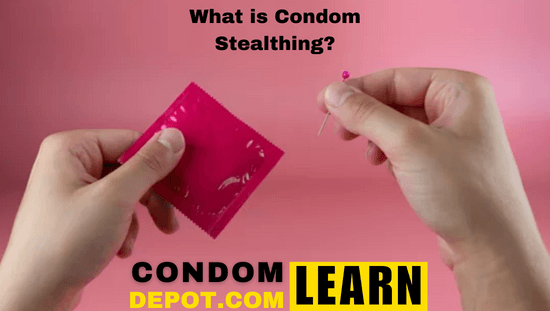Learn

What are Fordyce Spots? (NSFW)
When that inner-hypochondriac kicks in and the anxiety level starts to rise, things that are pretty insignificant and harmless on the human body, like Fordyce spots, can promptly take over the psyche and become a source of obsession.
When it comes to unusual genital outcroppings, people tend to overreact. That's why we’ve been sure to previously explore other non-STD related skin conditions. But lately, more and more people are specifically asking about Fordyce spots. Quick-- let’s cover this topic before somebody jumps to the conclusion that they, or their partner, has HPV.
What are They?
Fordyce spots are small raised bumps on the vulva, labia majora, scrotum, foreskin or shaft. They are skin-colored and vary slightly in size between 1 and 3 mm. On circumcised men, they are more apparent during an erection. They are completely benign and are located where the sebaceous glands reside. Because they emerge from glands, they will follow a pattern of sorts, and may resemble braille-like polka dots.
Are Fordyce Spots Contagious?
No. You cannot catch or spread Fordyce spots. Since they are so commonly mistaken (by people without medical training) as being HPV, Fordyce spots can cause anxiety. This applies to seeing them on a new partner, or discovering them on your own genitalia, particularly if you have never seen this dermatological condition before. Rest assured though, Fordyce spots are not caused by a virus and, in reality, should be the least of your concerns. When it comes to contagious viruses, the real threats are herpes, HIV, and HPV. To protect yourself and your partner from these viruses, it's always safest to wear a condom like Durex Performax Intense or Crown Skinless Skin Condoms during any sexual acts involving skin-to-skin contact or possible fluid exchanges.
Will Fordyce Spots Go Away?
No, not on their own. But, there are medical procedures that can remove them if they pose a cosmetic problem or issue. One such treatment is through the use of a pulse dye laser, but this can cause scarring of the epidermis, and therefore is usually not advised. Another removal method physicians use is a trichloroacetic acid chemical peel. This causes the layers of spotted skin to slough or peel off can also be used to improve and smooth the texture of the spots-filled skin, but this procedure can also lead to scarring.
If you are male and you are very self conscious about your Fordyce spots, why not use an opaque condom with your partner? Atlas Black condoms are a seriously sexy black condom that will totally obscure the spots, as are LifeStyles Tuxedo condoms, if you prefer a straight fit condom versus a contoured one. Both of these black condoms are more opaque and they offer a mysterious and somewhat toy-like kinky vibe that can be really exciting and arousing.
Are Fordyce Spots Normal?
Yes. It is estimated that up to 30% of the general population has Fordyce spots. Although they are more commonly found on males than females. Fordyce spots can emerge on either sex, as early as age 3. So relax and remember, Fordyce spots are completely normal and are not harmful to you or your partner.
Sources: [Medical News Today] [Patient Help]











